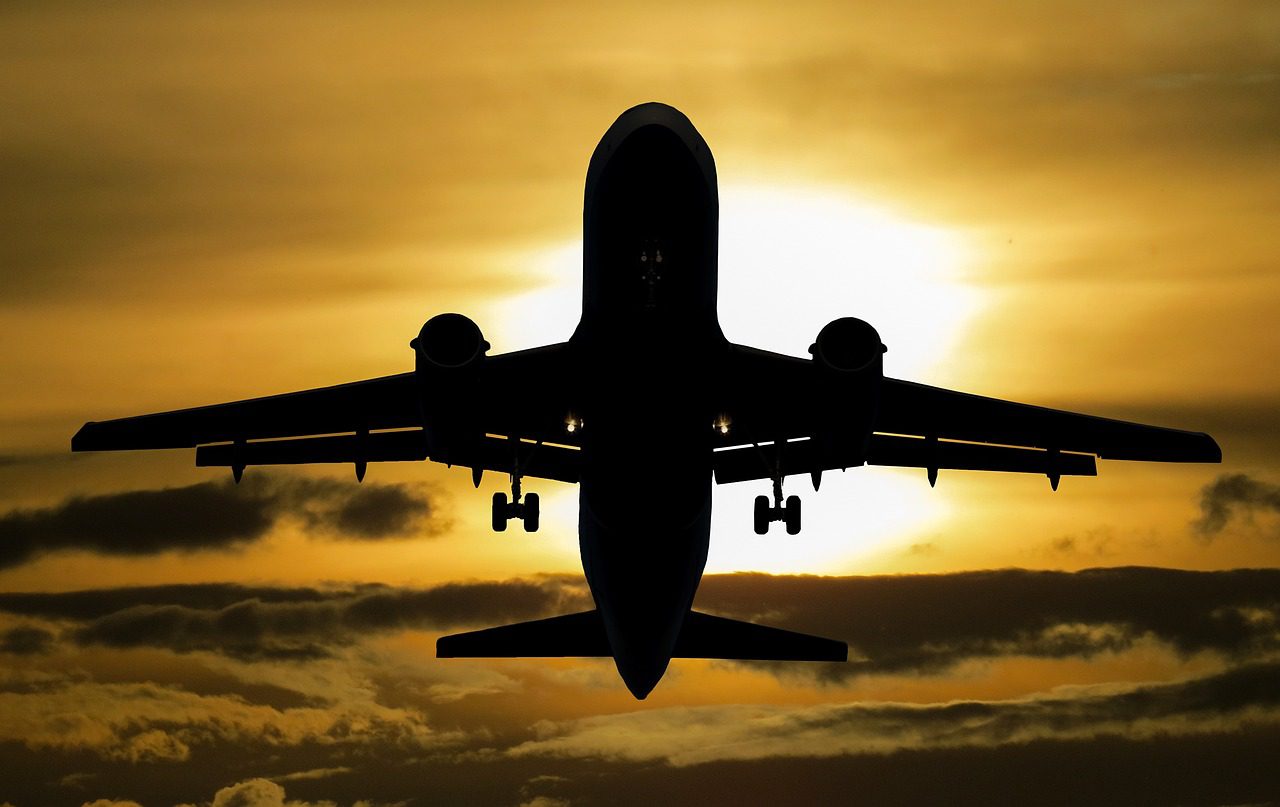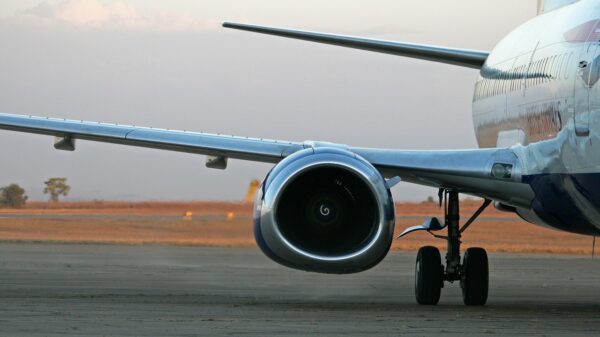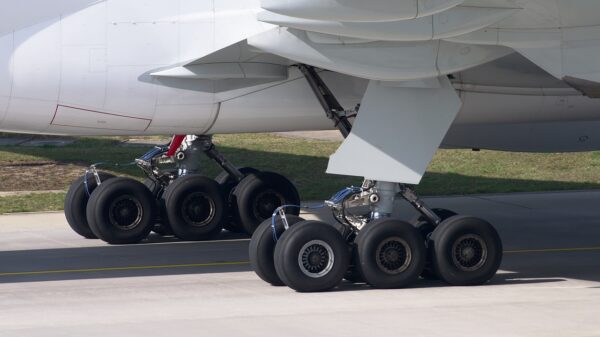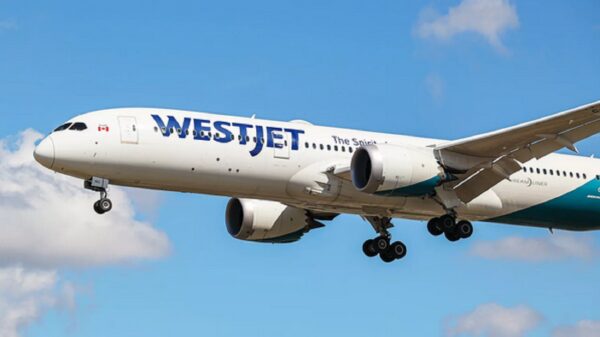Air travel is about to get a shakeup, and it’s all about your rights as a passenger. If your flight gets delayed or canceled, and it’s not due to bad weather, the U.S. government is pushing for airlines to compensate you.
In this article, we’ll break down the proposed rules, the arguments on both sides, and what they could mean for your future travels.
Understanding the Proposed Rules
President Biden is taking a stand on behalf of passengers, stating that if the cancellation is the airline’s fault, they should have to pay up. He emphasized that your time matters, and so does the impact on your life.
The proposed rules, expected to roll out by the end of the year, would require airlines to cover rebooking fees, hotel stays, ground transportation, and meal vouchers when the blame falls on the airline and not on weather conditions.
Transportation Secretary’s Perspective
The Transportation Secretary goes even further, hinting that cash compensation could be on the table. He points to the European Union’s model, where airlines are obligated to pay passengers between $250 and $600 euros for avoidable delays. This move, he believes, is about ensuring fair treatment for passengers when disruptions are within the airline’s control.
Airline Industry Pushback
Not surprisingly, the U.S. carriers are pushing back against these proposed rules. They argue that such regulations would force them to increase ticket prices, passing the new costs on to customers. The fear is that this could replicate what happened in Europe, where ticket prices rose after similar rules were implemented.
As of now, the ten largest airlines in the U.S. already guarantee meals and free rebooking when delays are their fault. However, only nine of them cover hotel stays voluntarily. Airlines claim that they are already taking steps to address passenger inconveniences and that additional rules may not be necessary.
Determining Fault
A Tricky Task One key question remains: who decides when cancellations are the airline’s fault? The Southwest Airlines scheduling system meltdown in December, leading to 17,000 cancellations, serves as an example of the complexity. Although a winter storm in Denver triggered the chain reaction, determining blame in such situations can be tricky.
Expert Opinion
To get a deeper insight, we turned to Bryan Summers, the founder and editor of the Airline Observer. According to Summers, defining what constitutes a controllable cancellation is a critical aspect.
While certain events, like maintenance issues or crew unavailability, are clear-cut cases, the challenge lies in distinguishing between controllable and uncontrollable factors leading to delays.
Investigative Challenges
Summers highlights the need for an investigative process to determine responsibility in cases where airlines might contest the controllability of cancellations. Drawing a parallel with the European Union, he notes that even there, airlines often have the final say on accepting or rejecting passenger claims.
Potential Price Hike: Amidst these proposed changes, the chief lobbyist for the airline industry predicts that ticket prices will inevitably rise. While acknowledging the uncertainty, he insists that the government’s interference in airline operations is unwarranted, emphasizing that the FAA itself faces challenges in managing air traffic control.
Current State of the Airline Industry
Considering the post-pandemic era and the challenges faced by the airline industry, including pilot shortages and operational strains, it remains to be seen how these proposed rules will impact an already stressed system. Airlines, coping with increased demand after a period of reduced travel, have had to address staff turnover, retire planes, and confront new challenges.
Conclusion
As we await the finalization of these proposed rules, it’s clear that the airline industry is at a crossroads. Passengers eagerly anticipate increased compensation for disruptions within the airline’s control, while the industry worries about potential financial repercussions.
Stay tuned for further developments, and in the meantime, be aware of your rights as a passenger, as changes in the air travel landscape might be on the horizon.












